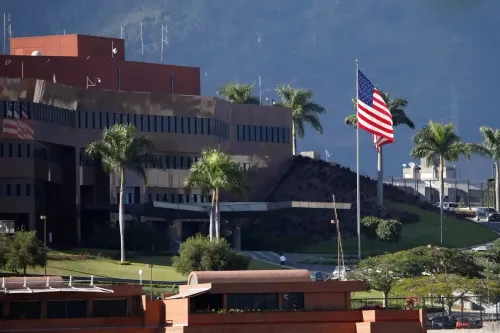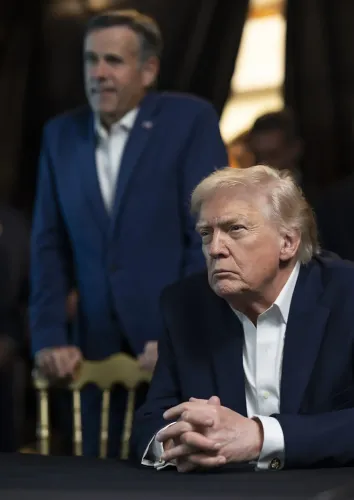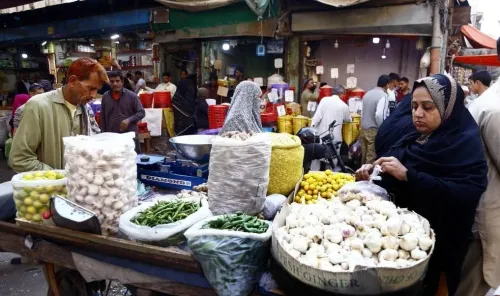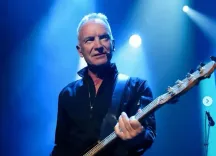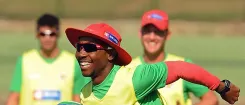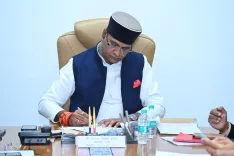What Actions Will Jamaat Take If Yunus Government Ignores Its Demands?
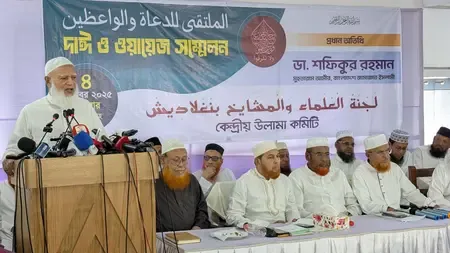
Synopsis
Key Takeaways
- Jamaat-e-Islami demands immediate governmental action.
- Upcoming elections are causing increased political tension.
- Potential unrest looms if demands are unmet.
- Coalition of eight Islamist parties is actively pushing for reforms.
- Protests face police resistance while calling for a referendum.
Dhaka, Nov 6 (NationPress) As political tensions escalate in Bangladesh ahead of the forthcoming elections, Jamaat-e-Islami issued a stern warning on Thursday regarding potential actions if the interim government led by Mohammad Yunus does not fulfill its five-point demands by November 11, according to local news sources.
Jamaat's Secretary General, Mia Golam Porwar, made these statements during a press briefing in Dhaka after delivering a memorandum to Chief Advisor Yunus.
The coalition of eight Islamist parties, which includes Jamaat, urged Yunus to implement the July National Charter and conduct a referendum prior to the February 2026 elections.
“Immediate implementation of the July National Charter is essential, and a referendum is required. Failure to act will lead to a significant situation in Dhaka on November 11 with the participation of hundreds of thousands. The government needs to preemptively address this issue,” Porwar stated, as reported by the Bangladeshi daily Dhaka Tribune.
Earlier that day, members of the eight-party alliance convened at Purana Paltan in Dhaka, where they attempted to hold a protest rally, which was impeded by police barriers near Matsya Bhaban.
This protest aimed to reinforce their five-point demands, which include the necessity of a referendum before the elections and an order to execute the July Charter.
Despite police resistance, senior members of the alliance successfully reached the Chief Advisor’s office to present their memorandum.
During the rally, Jamaat leader Abdullah Mohammad Taher emphasized the urgency of conducting a referendum prior to the national elections, asserting, "Even with the election announcement, there is no legal hindrance to holding a referendum. Any procrastination will jeopardize the interim government’s stability.”
“Some argue that a referendum would be expensive. However, the daily extortion activities in Bangladesh could easily finance a referendum. Therefore, finances should not be an impediment,” he remarked, indirectly criticizing the Bangladesh Nationalist Party (BNP), which has advocated for a referendum to coincide with the national elections in February 2026.
Bangladesh is grappling with increasing uncertainty and political unrest as the elections approach.
The alliances that previously collaborated with Yunus to oust the democratically elected Awami League government, led by Sheikh Hasina, are now in conflict over reform initiatives.


